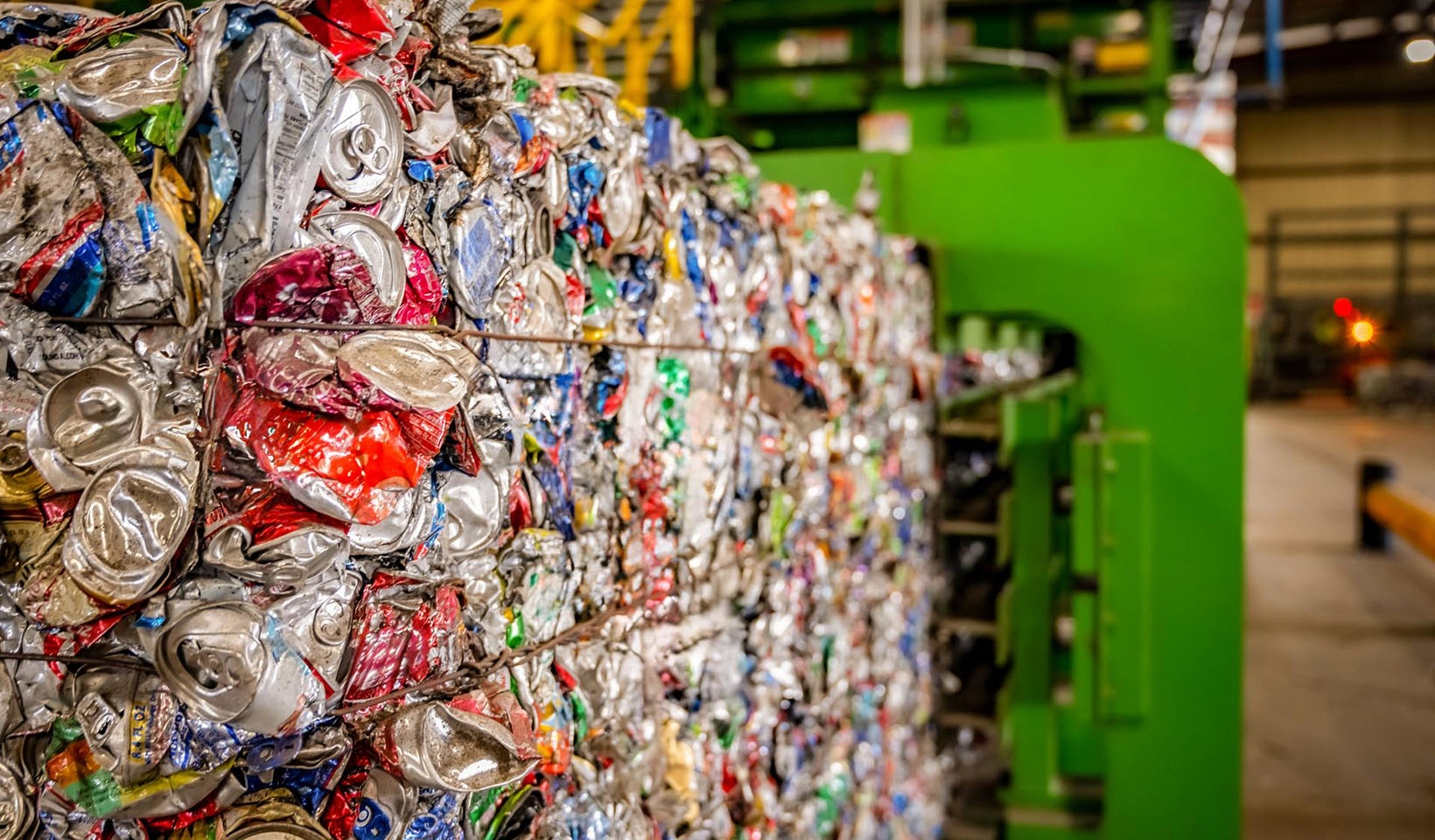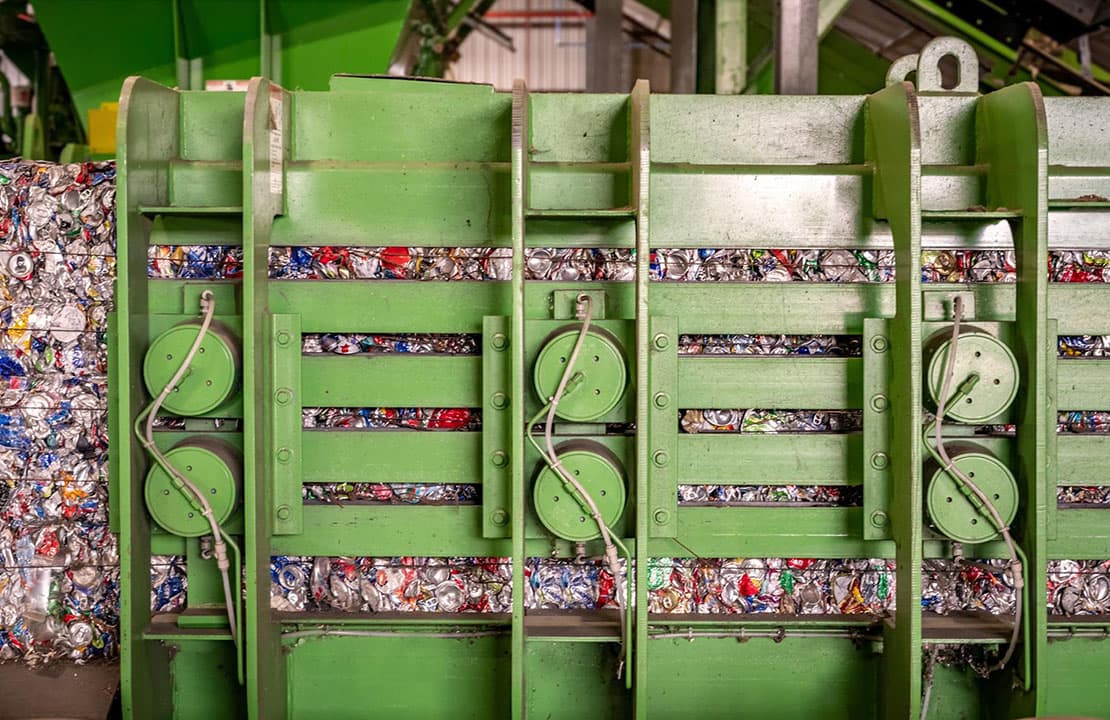![]()
Sustainability at WM
We’re building on our infrastructure, innovation and expertise to turn bold ambitions into a better future.

Our Sustainability Ambitions
WM's sustainability vision for the future is centered around three core ambitions:

We operate innovative recycling and waste solutions that help fuel the continuous reuse of materials.

We leverage advanced technologies to turn waste into energy that powers communities and reduces emissions.

We collaborate to strengthen the resiliency of the diverse places where we live and work.
Our Sustainability Innovations
We're turning ambition into action and developing infrastructure to fulfill our sustainability vision.
Recycling
WM was on the forefront of the recycling movement when we introduced single-stream recycling for our customers. And now we’re looking towards the future by investing in new technologies, new facilities and new markets.


Renewable Energy
Waste doesn't have to be wasted. Every day, WM's landfills are generating renewable energy and turning biomethane gas into a renewable source of fuel for the largest waste collection fleet in North America.
Modern Landfills
The scene you picture when you hear the word landfill is a thing of the past. Today’s landfills are highly-engineered, safe and often able to serve another purpose after they’ve been closed.


WM Smart Truck® Technology
You can see our commitment to sustainability right on the streets of your neighborhood, every day. Our trucks are outfitted with technology that helps us collect waste more efficiently, safeguard your neighborhood and reduce environmental impact.
Organics Recycling
Tackling food waste is critical around the globe so WM is leading the charge in developing new technologies and finding new ways to process organic waste and turn it into valuable resources.

Celebrating Sustainability Together
WM engages year-round in events and initiatives geared toward advancing sustainability.

WM + MLB™
WM is honored to be selected as the first sustainability-focused partner of Major League Baseball™. Together we'll drive sustainability efforts in big-league ballparks and throughout communities.
Sustainability Report
Packed with the latest numbers, highlights and on-the-ground stories, our report digs deeper than ever to show what goes into WM's sustainability initiatives.

Share in Our Sustainability Mission
Want to help us fulfill our Sustainability Ambitions? Sign up to get tips and knowledge for managing waste effectively and sustainably.
Are you interested in information for business or home?
By clicking Sign Me Up, you agree to receive emails from WM. You can unsubscribe at any time. View our Privacy Policy for details, including California Privacy Rights.
Major League Baseball™ trademarks and copyrights are used with permission of Major League Baseball. Visit MLB.com.